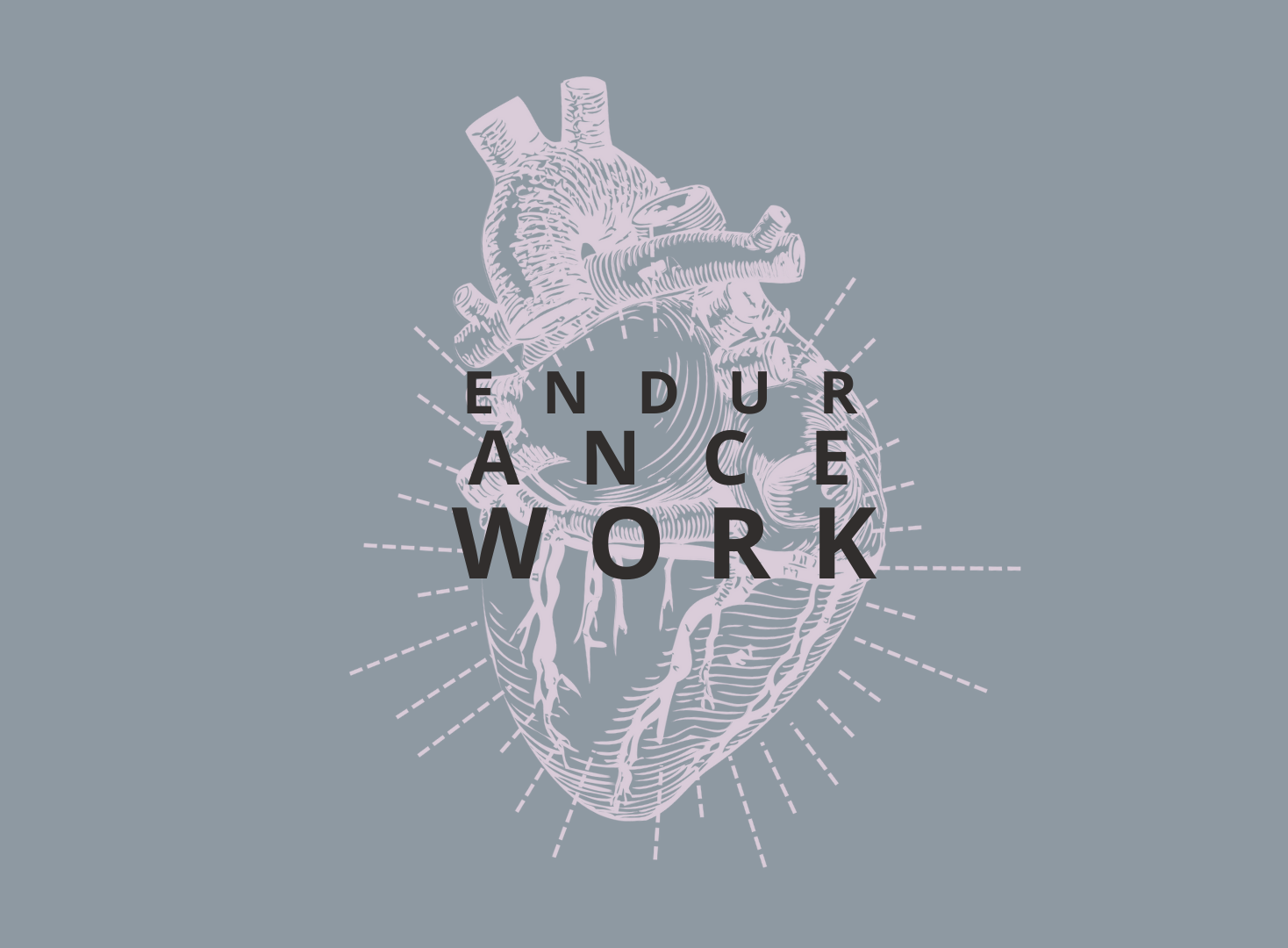Drawing on multi-sited ethnographic fieldwork and narrative inquiry with people navigating the Greek asylum system, this talk explores how refugees endure and tactically navigate bureaucratic time and space. Moving beyond frameworks that centre delay and suffering, I utilise the concept of endurance work to describe how refugees repurpose minimalist systems of care and control. Extending Bond Stockton’s notion of growing up sideways beyond its original focus on queer childhoods, I develop living sideways as a way to theorise how refugees inhabit time and space through detours, pauses, and provisional attachments. Rather than moving along linear trajectories of (expected) integration, participants reconfigure life under conditions of uncertainty: crafting strategies of persistence, sociality, and refusal in the face of stalled futures. Through stories, affective atmospheres, and strategies, the talk will trace how refugees survive not only through waiting, but through everyday creativity, solidarity, and refusal.
Nikos Psochios is a Ph.D. researcher at the School of Education, University of Glasgow, UK. His PhD project, “The Borderlands of Care: Palliative Interventions, Minimalist Humanitarianism, and Education for Adult Refugees in Contemporary Greece,” funded by the Economic and Social Research Council (ESRC), explores the experiences of transit education of displaced men in Greece. Before delving into his Ph.D studies, he completed the Int. MA in Adult Education for Social Change (2021 - Erasmus Mundus Scholarship Recipient, University of Glasgow) and the MA in Education and Human Rights (2015 -National and Kapodistrian University of Athens & IoE UCL). He has professional background in community education for displaced individuals and has worked for international non-governmental and governmental organisations in Greece. Nikos’ interests include: bordering and lifelong learning; affect theories and migration; gender, sexuality, and adult education; arts-based methodologies.
